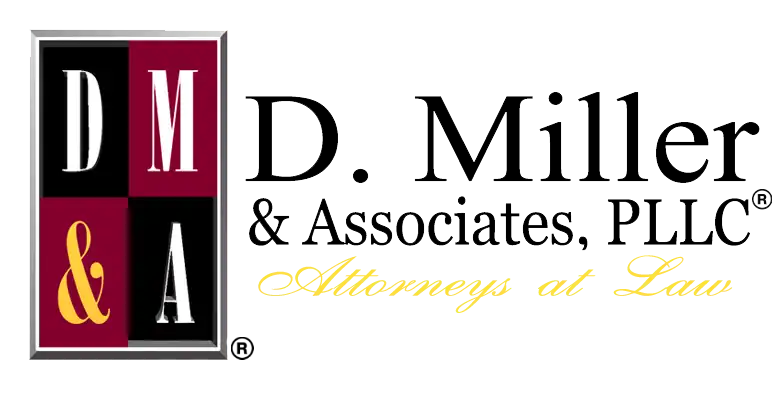The Centers for Disease Control and Prevention (CDC) notes that distracted driving is classified into three categories:
- Manual. This is when a distraction takes one or both hands off the wheel.
- Cognitive. This is when your mind is focused on something other than driving.
- Visual. This is when your eyes are not on the road––even if it’s just for a few seconds.
Many states have laws prohibiting distracted driving practices. If you or a loved one suffered harm because of a distracted driver, you can pursue damages for your injury-related losses.
These Are Common Causes of Distracted Driving
Some specific types of distracted driving include:
Cell Phone Use
Cell phone use while driving can include more than talking and texting; it can also include:
- Sending or responding to emails
- Reading or making social media posts
- Tilting your head to hold a phone between your shoulder and ear
- Taking one hand off the wheel to answer the phone
Many states have “hands-free laws, meaning that motorists can talk on the phone using their car’s built-in technology, but they cannot physically have the phone in their hands.
Other Passengers
Passengers can be a surprising source of distractions. Some of the ways a passenger can distract a driver include arguing or by simply passing objects back and forth between them.
If the passenger is a small child, they can also distract you. If you are carrying multiple passengers, their engagement with each other can also draw your attention. Engagement can include fighting, singing loudly, or reaching for you.
Objects
Wrapping and unwrapping food, putting a straw in a drink, or reaching for an object can take your eyes off the road. Other ways objects can distract a driver include loose objects inside the vehicle that roll around and children’s toys that make noise.
Reaching for an object, handing them to passengers, and objects outside the vehicle can also distract the driver.
Navigational Devices
Navigational devices are great tools for navigating unfamiliar areas. However, they can also distract you from the road. While many states don’t have laws against using navigational devices while driving, using one would not shield a negligent party from liability if they cause an accident.
Headphones
Driving a car while wearing headphones or earbuds does not allow the driver to hear horns blowing on other vehicles, emergency vehicle sirens, or other sounds and alerts. It can also distract a driver when they sing along with a song, change a song, or are focused on loud music.
The Danger of Distracted Driving
The Insurance Information Institute (III) research defines distracted driving as any activity that takes your eyes, hands, or attention off the road. Distracted driving puts everyone on the road at risk of harm.
Here’s some additional information about the dangers of distracted driving:
- In 2019, the National Highway Traffic Safety Administration (NHTSA) reported that 3,142 people lost their lives in distracted driving accidents.
- In 2009, President Obama issued a mandate prohibiting federal employees from texting and driving in the course of their duties. Many states have adopted similar mandates.
- The National Institutes of Health reports that distracted teen drivers are more likely to cause accidents than their older, non-distracted counterparts.
What to Do if You Were Injured by a Distracted Driver
If you suffered harm due to a distracted driver, you can seek damages for a host of expenses, including medical bills, lost income, and pain and suffering. Yet, just because you were hurt by a distracted driver doesn’t automatically yield damages.
You’ll need to assert that because another party acted negligently, you suffered harm and deserve financial recovery. You can do this by:
- Considering legal aid. You don’t have to manage the legal process on your own. Instead, you can partner with a lawyer who can take care of everything, from gathering evidence to negotiating a settlement.
- Documenting your losses. You want to receive financial recovery for everything you deserve. You should keep track of your medical treatments, missed time from work, and mental health. This will help your lawyer recover everything you need and deserve.
- Taking a break from social media. Anything you share online, even an old photo of yourself, could give the claims adjuster reason to dispute your case. You should also avoid accepting strange friend requests, sending direct messages, or discussing the accident with other users.
- Seeking medical attention. You need medical documentation to support your case. You can get this information by visiting a healthcare provider and following through with your prescribed treatment plan.
Contact a Team Member for a Free Consultation
Were you or someone you love injured by a driver who was not fully focused on their driving? Learn more about the top causes of distracted driving, its role in your case, and the financial recovery you could be entitled to. Contact one of our team members at D. Miller & Associates, PLLC™ by calling 1 (855) PRO-LAWYERS today.
